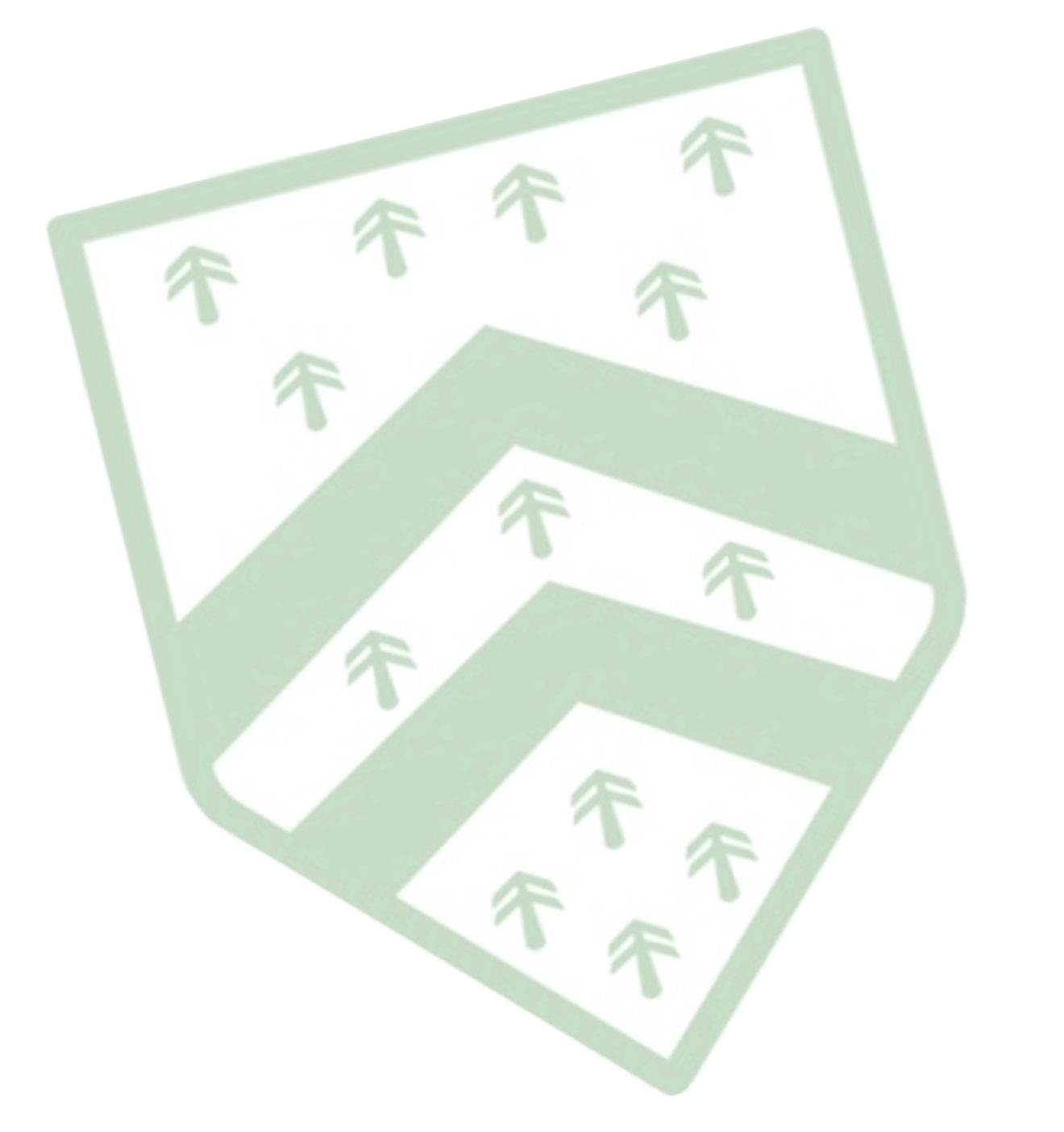
Mathematics Curriculum
INTENT
To prepare children for the future by providing opportunities for a high-quality, progressive, broad, balanced and deep understanding of Maths and explain how it is essential to everyday life.
To challenge and support all pupils through carefully planned sequences of lessons, provision of a wide range of resources and opportunities for the development of fluency with number facts and operations; the ability to reason mathematically and the ability to solve increasingly sophisticated routine and non-routine problems.
To motivate, enthuse and support all groups of learners by providing opportunities to learn and practise skills in an active and practical way and through careful consideration of pairings and groupings.
To ensure all children reach their full potential.
To plan opportunities and activities for children to independently use and apply their mathematical knowledge, language and skills in other curriculum areas and in real-life situations.
IMPLEMENTATION
The school’s programme of study for mathematics will be based on the National Curriculum for Mathematics 2014. This provides detailed guidance for the teaching of Mathematics under the following areas:
• Number
• Measurement
• Geometry
• Statistics
Mathematics is a core subject with a range of cross-curricular links but most often is best taught discretely using opportunities from other subjects to rehearse skills in a context.
Children have a daily Mathematics lesson (following the White Rose scheme of learning) which may include:
- developing their understanding of number and methods of calculating (fluency)
- using a range of manipulatives (Numicon, tens frames, double-sided counters, Base 10, place value counters etc) to give children an active experience of maths where physical models are created to support abstract ideas.
- opportunities to discuss and reason in order to develop their mathematical vocabulary
- opportunities to practise and consolidate skills by taking part in regular retrieval tasks
- investigating and solving routine and non-routine problems
Children are also encouraged to practise fluency of multiplication facts by using Times Tables Rock Stars in school and at home.
Assessment
Formal assessment takes place at the end of each academic year with arithmetic, problem solving and reasoning all assessed. Years 1, 3, 4 and 5 use NTS end of term assessments, while Years 2 and 6 use SATs papers. All assessments are analysed to identify strengths and gaps in learning. Teachers respond to these gaps by setting targets through RAPs (with MLT/SLT support) and implementing interventions.
Teacher judgements are an integral part of our assessment process and feed into the data we input into iTrack three times a year. We also use the White Rose assessments linked to each unit of work to ensure children have fully understood the learning and so that we can offer additional teaching straight away. Judgements are standardised through: termly staff moderation meetings and annual consortium moderation, teachers are encouraged to attend further moderation sessions set by the LA (currently Year 2 and 6).
Governors have access to anonymised data and have a sound knowledge of expected progress and attainment. Governors question and challenge staff to ensure standards are maintained and how any dips in data are being addressed.
Interventions
The school uses Number Stacks, at the earliest opportunity, to support children with gaps in their number knowledge.
Children who are struggling to retain key number facts use the 'Power of 2' intervention.
IMPACT
By the time our children leave our school, they will have developed:
- a positive and resilient attitude to mathematics
- the ability to express themselves fluently, to talk about the subject with assurance, using correct mathematical language and vocabulary.
- a growing confidence to reason mathematically
- the ability to apply their knowledge and skills in order to solve routine and non-routine problems and to test hypotheses
- fluency (rapid and accurate recall and application of facts and concepts)
In addition, they will have made at LEAST expected progress.




